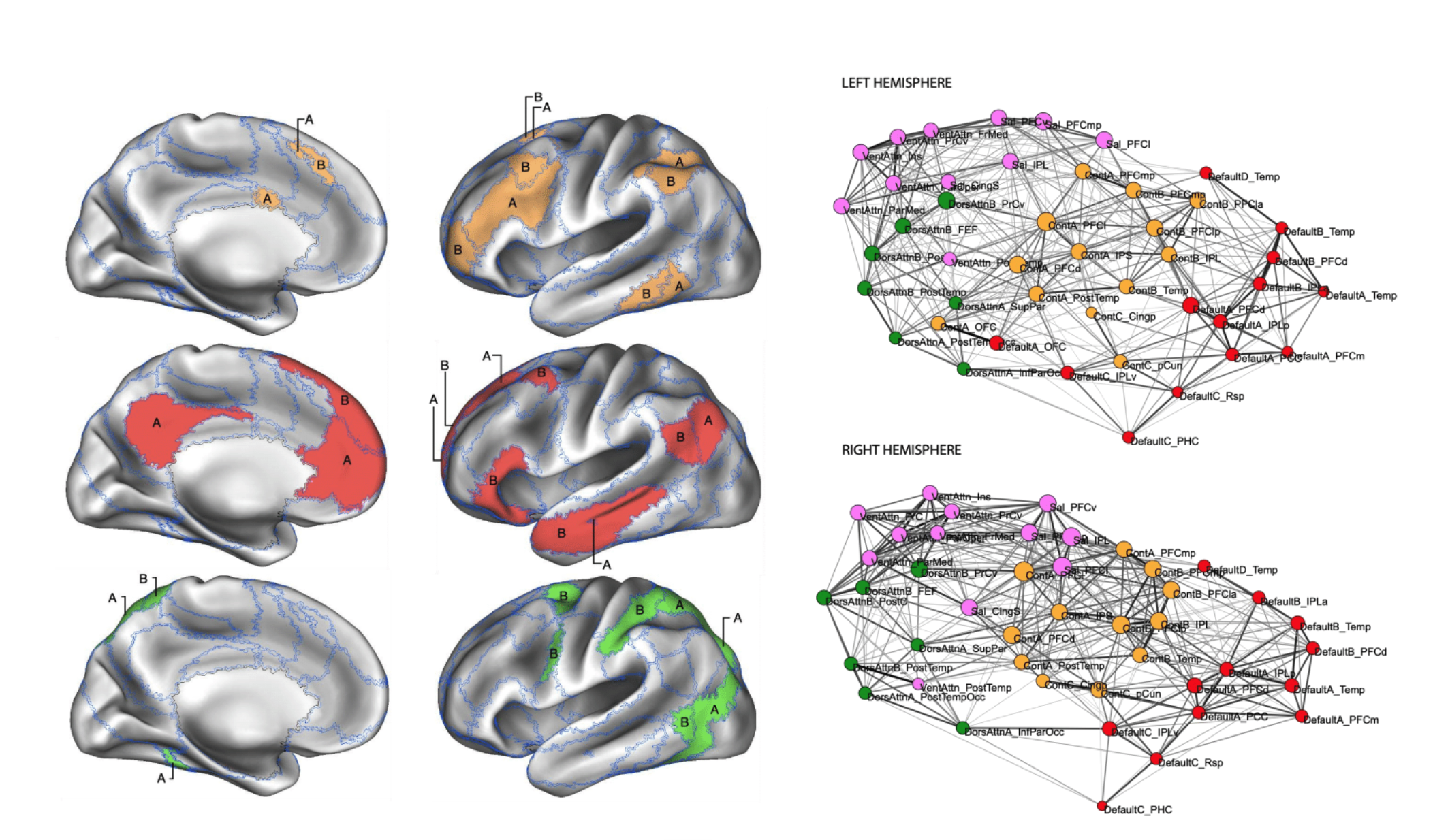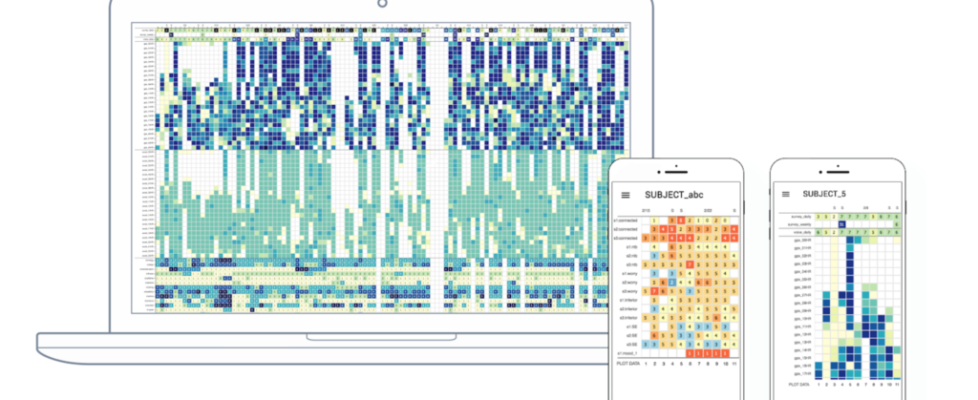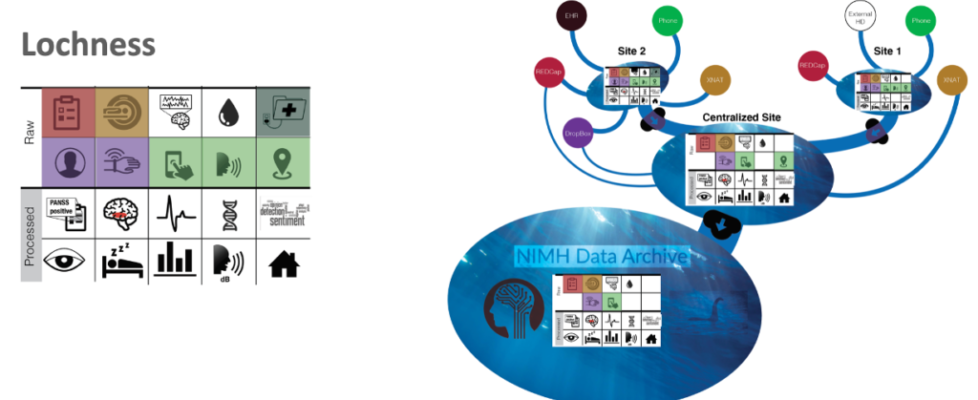Neurogenetic analysis in unipolar and bipolar depression

This is a neuroimaging study conducted in collaboration with Avram Holmes’ lab at Yale University focusing on neurogenetic factors related to unipolar and bipolar depression.
More
This is a neuroimaging study conducted in collaboration with Avram Holmes’ lab at Yale University focusing on neurogenetic factors related to unipolar and bipolar depression.
More
Deep phenotyping dashboard: DPdash is a Deep/Digital Phenotyping Dashboard designed to manage and visualize multiple data streams coming in continuously over extended periods of time in individuals.
MoreThe major goal of this supplemental project was to explore the ethical, legal, and social implications of the intensive computational phenotyping work accomplished in the parent project and related projects.
In collaboration with Isabelle Rosso, this study aims to identify brain processes that are associated with distinctive phenomenological characteristics of trauma memories that implicate sensory-perceptual brain networks, and that may be different than canonical brain networks of PTSD.

Lochness: Lochness provides a single command line tool (daemon) to periodically poll and download data from various web services into a local directory. Out of the box there is support for pulling data from a multitude of data sources including Beiwe, XNAT, REDCap, Dropbox, external hard drives, and more.
More
Research on affective disorders, such as bipolar disorder, and on psychotic disorders is hampered by a lack of basic understanding of the course of dynamic circuit properties that might underlie fluctuations in mood and cognition.Bipolar and psychotic disorders at its core are unstable clinical conditions: at its extremes, it can result in periods of profound changes in mood and cognition (i.e., mania, major depression, and psychosis). And yet, remarkably little has been done to understand the basic mechanisms underlying the fluctuating course common to these individuals. We hope to better understand and characterize the natural course of changes in mood and cognition and associated environmental variables in individuals with severe affective and psychotic disorders using mobile behavioral technology. We believe that this will further enable advances in our understanding of how these disorders develop, paving the way for the development and evaluation of new treatment strategies.
The goal of this supplemental project was to capture temporally dense behavioral recordings using smartphones, wearable devices, and audiovisual recordings from individuals with OCD receiving DBS and being studied using continuous intracranial recordings (using the MedTronic PC+S device) and clinical assessment as part of the parent BRAIN Initiative grant.

The major goal of this study was to probe the biology of the frontoparietal control network, a key brain network engaged in higher cognition and disrupted in chronic in psychosis by linking genetics, neuroimaging and clinical variables in individuals at clinical and genetic high risk for psychosis.
In collaboration with Kerry Ressler and Milissa Kaufman, the major goals of this study were to characterize brain system abnormalities present in patients with dissociative symptoms and diagnoses of either post-traumatic stress disorder or dissociative identity disorder.